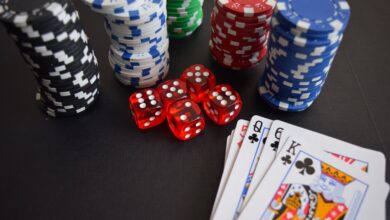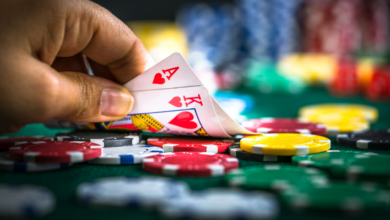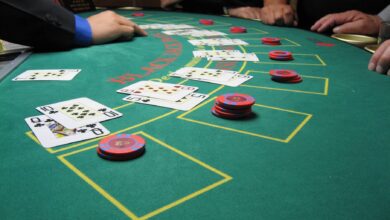The Lottery: Is It Ever Worth Playing?
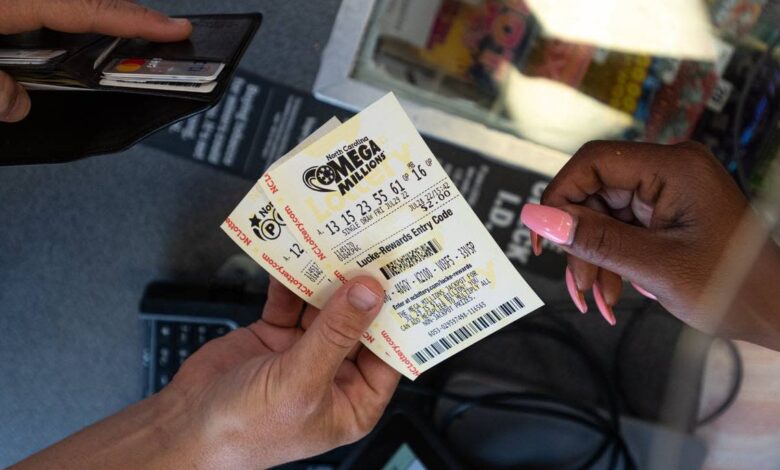
Is it worth playing the lottery for a chance to win a $1.5 billion Powerball or Mega Millions jackpot, then quit your job and live–well, like a billionaire? Many people dream of their lucky numbers hitting, then spending the rest of their lives on “easy street.”
Still, is the risk worth the reward?
People sometimes argue that spending $2 on a lottery ticket is worth the chance to win millions of dollars. Others say it is a complete waste of money since the odds may be one in hundreds of millions. Which theory is correct?
One factor is you must play games to win them. This page offers a wide range of casino games, including “instant win” games like Keno. Playing these games at online casinos allows you to enjoy them virtually anywhere using your PC or mobile device.
What Are the Approximate Odds of Winning the Lottery?
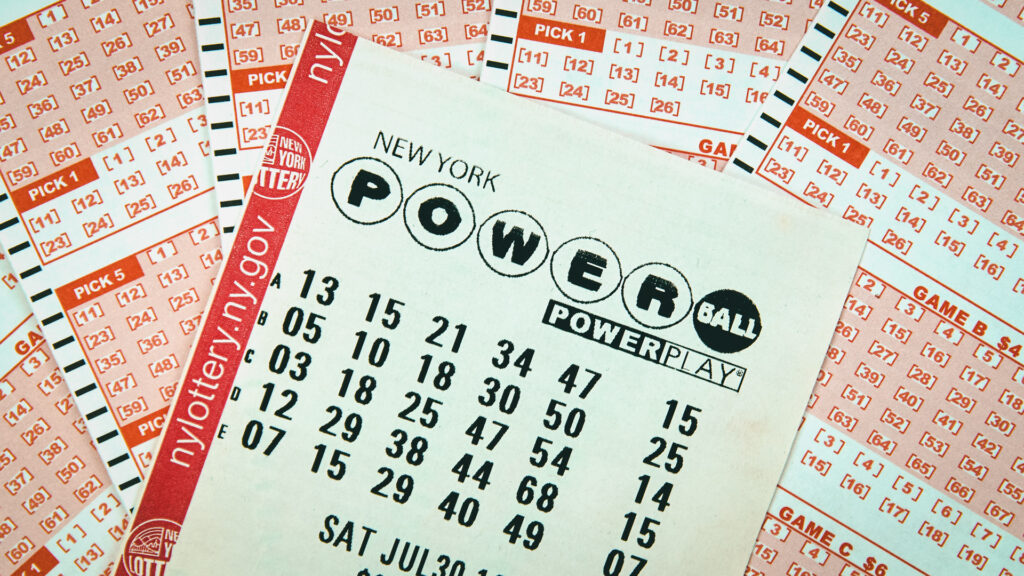
The chance of winning the lottery constantly changes. The odds of winning nationwide lotteries like Powerball and Mega Millions can be astronomical.
For example, in April 2024, the odds of winning the huge $400 Powerball jackpot was: 1 in 292,201,338. The odds of winning other national or state-wide lotteries can also be extremely high.
How high are such odds? People often say you have a better chance of being struck by lightning than winning the lottery. Is it fact or fiction?
The United States National Weather Service reported that the odds of lightning striking a person during any given year is: 1 in 1,222,000. This figure used the U.S.’s 2019 population.
So, you are much less likely to win a big lottery jackpot than to be hit by lightning. Winning the lottery is a more positive experience. Still, some people may feel like odds in the hundreds of millions are not worth a $2 lottery ticket.
Is It Worth Trying to Overcome High Lottery Odds?
Only you can answer that question. Should you buy a cheeseburger or streamed a movie instead? Some people may argue that plunking down $2 is always worth the improbable chance of winning a big lottery jackpot.
One factor to consider is bigger jackpots have bigger odds. So you may reason that buying a Powerball or Mega Millions ticket when the jackpot is over $1 billion may be worth it.
That said, before the big Powerball drawing in April 2024, lotto players only purchased about three-quarters of all number combinations. In other words, even with more people buying lottery tickets, the drawings can continue until someone hits the jackpot.
Another factor is you may have to share the jackpot if multiple people have the same winning lottery numbers. Still, you can get a massive payout if the jackpot is tens or hundreds of millions of dollars. Most people can settle for splitting $1.5B with other people.
Is the Lottery Ever Rigged?
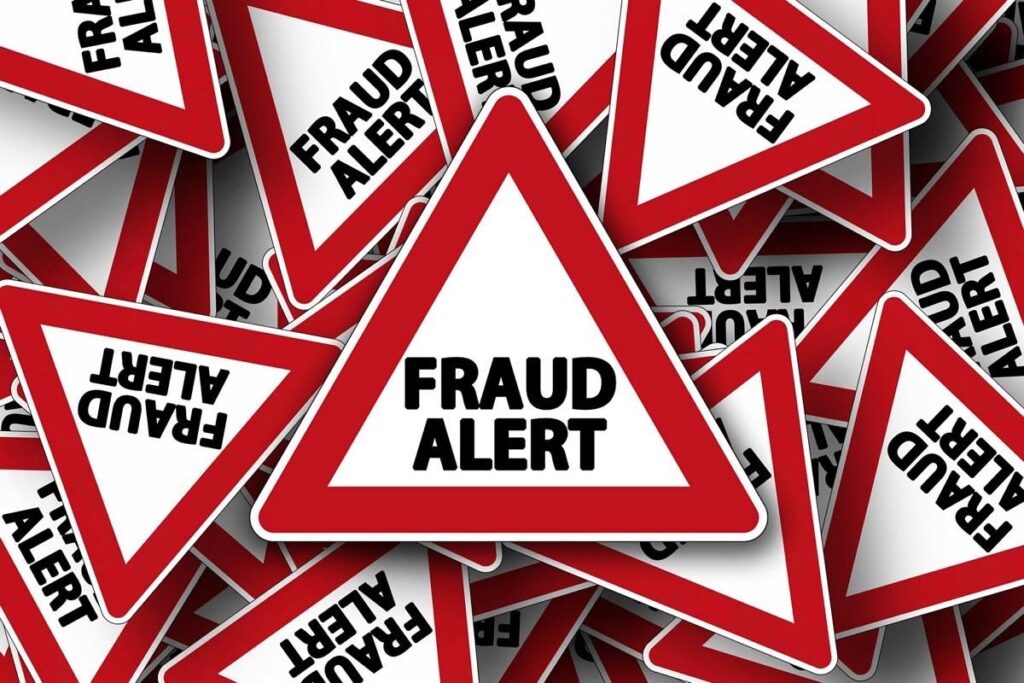
In the past, media outlets have reported people convicted of lottery-related fraud. For example, one man bought a lottery ticket that won the $16.5 million Hot Lotto jackpot in 2010.
However, the man was a lottery association’s information security director. Law enforcement arrested the man and charged him with fraud. A court sentenced him to 10 years in prison.
In another case, a lottery official who had operated the Powerball game since its 1987 launch lost his position after officials accused him of a jackpot-fixing scandal.
Lottery officials can rig drawings. When playing lottery games, it is critical to play official local, state, and national games due to strict regulations. While playing official lotteries does not guarantee someone will not rig it, the odds will likely be lower.
7 Helpful Tips for Playing Lottery Games
The lottery includes games of chance, so you cannot improve your “skills” playing this game. That said, you can take steps that may somewhat help improve your odds of winning, including:
1. Join a Lottery Pool
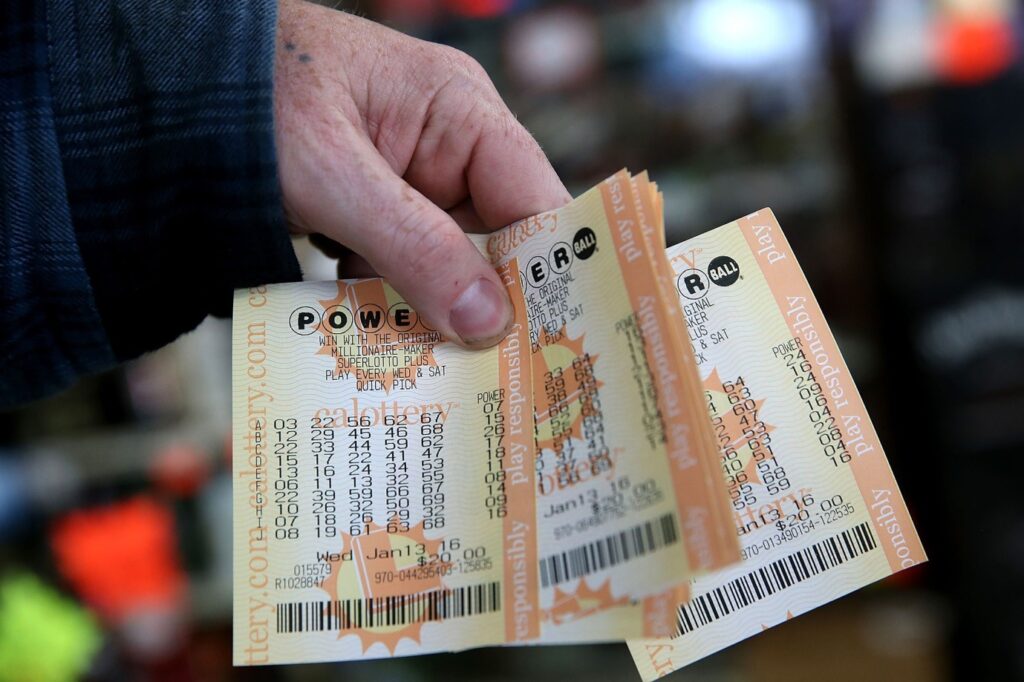
This option provides your group with more tickets without investing more money. Some options include an office lottery pool or your own pool.
2. Play Second-Chance Games
Suppose your numbers do not match the winning combination after the lottery drawing. Is that the end? You can sometimes fill out the form on the back of the ticket for a chance to become a “second-chance” winner.
In 2010, a woman won over $120,600 after taxes by winning a second-chance game in the Kentucky Lottery. Check if the lottery game you play has a second-chance drawing.
3. Play the “Right” Games
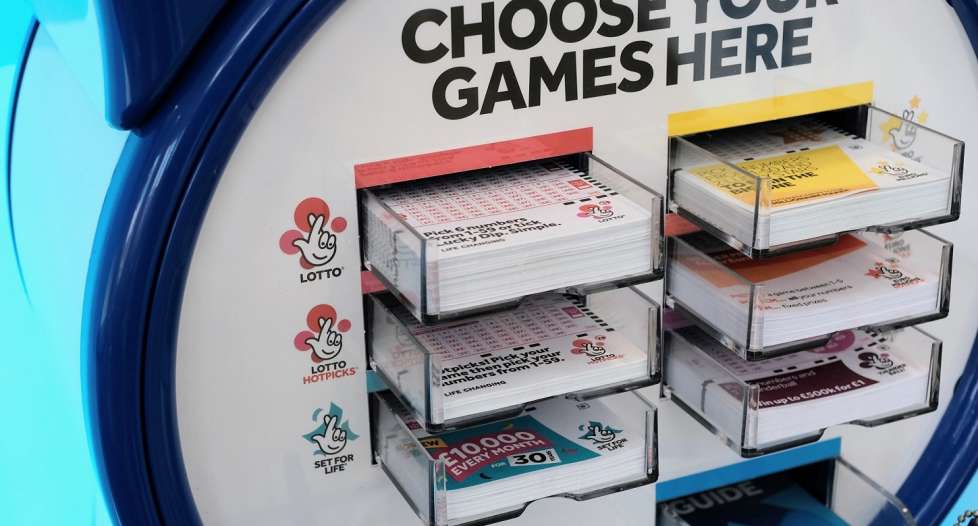
Keep in mind that playing the lottery can involve one of several games. Each game also has different odds of winning. A lottery authority often reports the odds of winning particular games to the public.
So you can pick games that improve your chance of becoming a lottery winner.
4. Check Discarded Lottery Tickets
Many people throw out “losing” lottery tickets that they won without knowing it. Maybe they read the winning numbers wrong, mistakenly compared the winning numbers and their lottery ticket, or did not check the ticket.
So, if you find a tossed lottery ticket, check the numbers. A person’s loss may be your win.
5. Consider Selecting Rarer Numbers
No crystal ball can help predict the winning numbers of a lottery drawing. Still, picking specific numbers may give you a slight advantage for the payout. Also, the odds are the same for any number a lottery official selects.
Picking rarer numbers may help avoid the chance of splitting the jackpot with other people who select the same numbers. Consider choosing:
- The least-selected numbers in past winning combinations
- Numbers that people tend to avoid, like numbers after 31.
6. Check Your Numbers After a Lottery Drawing
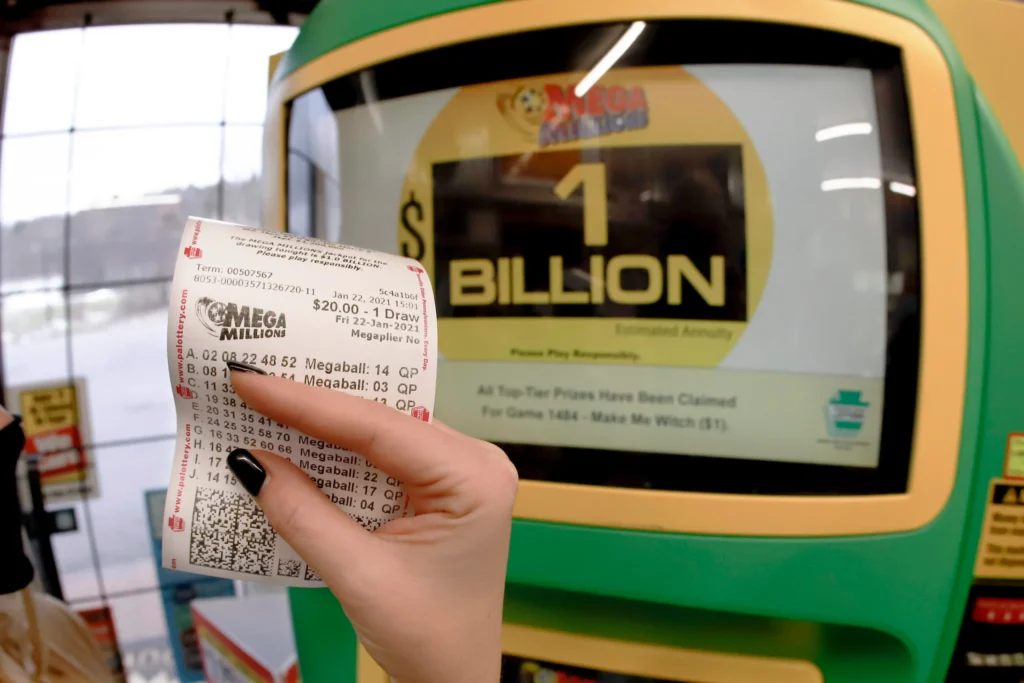
Check and double-check your lottery ticket after the drawing for a big jackpot. In some past situations, a person did not claim a winning ticket that they purchased. Double-check your numbers with the lottery game’s winning combination.
7. Sign and Copy Winning Lottery Tickets
Make sure to sign the back of a winning lottery ticket. This step takes seconds and can prevent someone else from claiming your winning ticket. For example, if the ticket becomes lost or stolen, you can still prove it is yours.
If you cash your lottery ticket by mail, make copies of both sides of the ticket in case it gets lost while being transferred.
